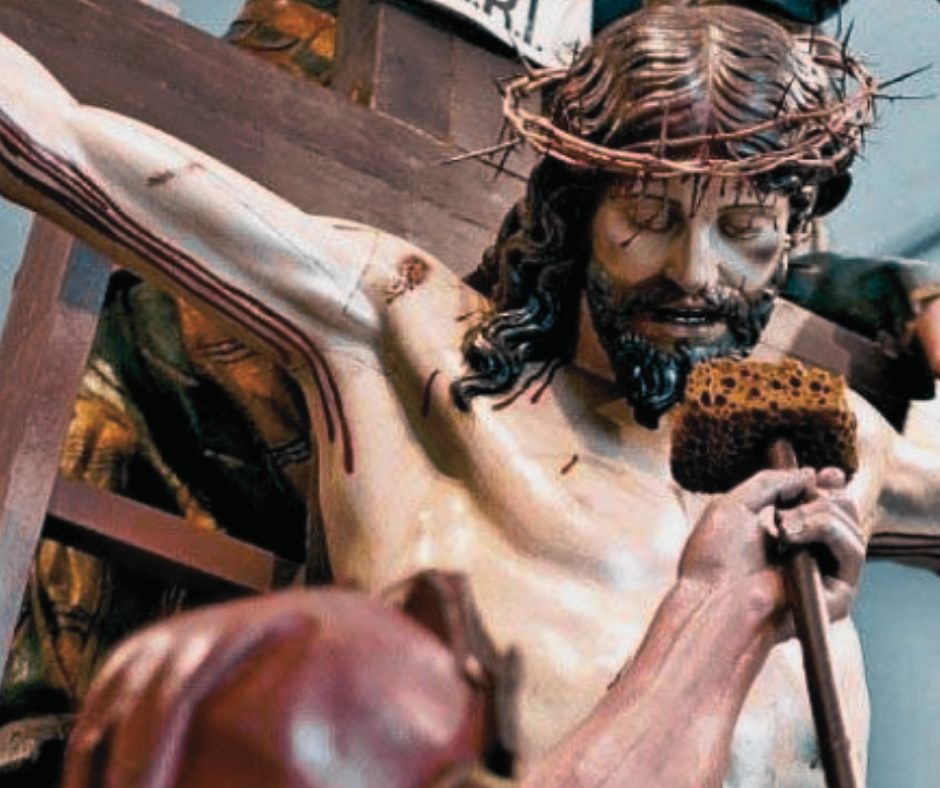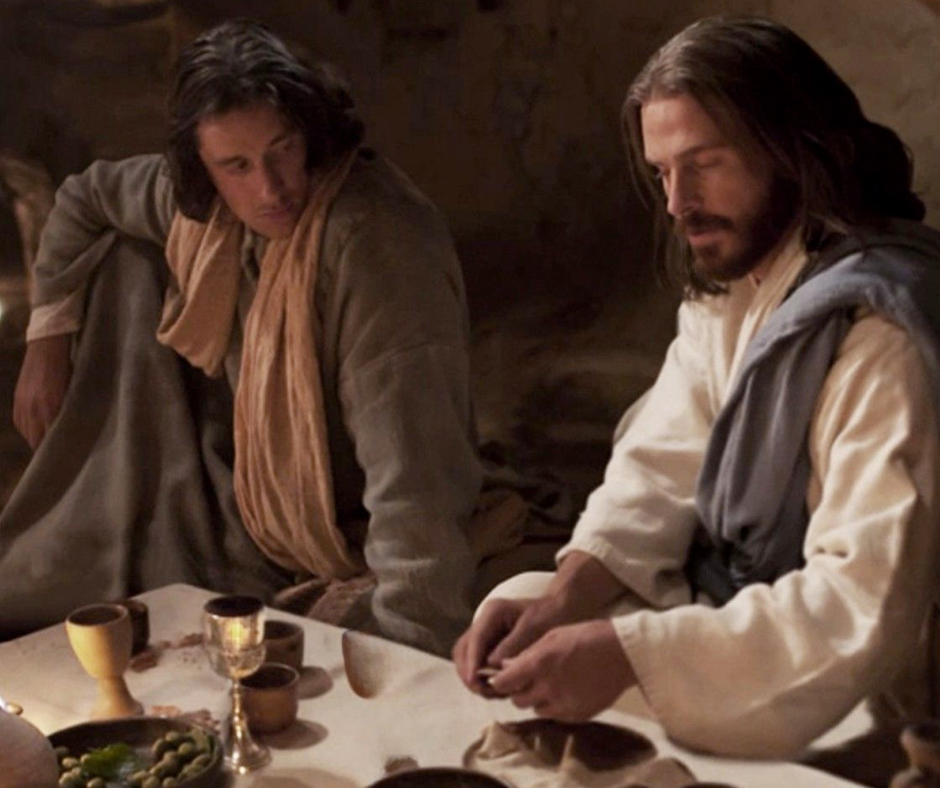The four cups of wine are an important part of the Jewish’ Passover Seder meal, and each cup represents a different aspect of the Exodus story and the Jewish people’s journey to freedom.
1. The Cup of Sanctification
This cup is the first one poured, and it represents the beginning of the Seder and the sanctification of the holiday. The blessing recited over this cup acknowledges God’s role in redeeming the Jewish people from slavery.
2. The Cup of Plagues
This cup is filled and set aside, and during the Seder, the ten plagues inflicted upon the Egyptians are recited. Each time a plague is mentioned, a drop of wine is spilled from this cup to symbolize the sorrow felt for the suffering of the Egyptians.
3. The Cup of Redemption
This cup is the third one poured, and it represents the actual redemption of the Jewish people from slavery. The blessing recited over this cup gives thanks to God for redeeming the Jewish people and bringing them out of Egypt.
6. The Cup of Elijah: This cup is filled and set aside, and it represents the hope for the coming of the Messiah and the ultimate redemption of the Jewish people. During the Seder, the door is opened to welcome the prophet Elijah, who is said to visit every Jewish home on Passover. The final blessing of the Seder is recited over this cup.
Overall, the four cups of wine serve as a reminder of the Jewish people’s journey from slavery to freedom, and they represent the hope and gratitude that are central to the Passover holiday.
Jesus’ Last Supper
Jesus celebrated the Passover Seder meal with his disciples in the upper room on the night before his crucifixion, which is known as Maundy Thursday in the Christian calendar. The account of this event is found in the New Testament book of Matthew, Mark, Luke, and John.
During this Last Supper, Jesus and his disciples likely followed many of the traditional customs and rituals of the Passover Seder, such as the consumption of matzah (unleavened bread) and the drinking of four cups of wine. However, Jesus also introduced some new elements into the meal that would later become central to Christian theology.
For example, according to the Gospel of Matthew, Jesus broke the matzah and told his disciples that it was his body, which would be broken for them. He then passed around the (third) cup of wine and said that it was his blood, which would be poured out for them as a symbol of the new covenant between God and humanity. Take note that In the Jewish’ Passover meal, there is a roasted lamb but in this meal with the apostles, there was no lamb. Jesus is the Lamb of God.

The Fourth Cup
What might riddled the apostles is Jesus skipped the fourth cup. He said to them “I tell you, I will not drink from this fruit of the vine from now on until that day when I drink it new with you in my Father’s kingdom.” What kingdom? Will he drink the fourth cup with the faithfuls in heaven or will he drink the fourth cup in the second coming?
After the supper and when he was at the Gethsemanehe before his arrest he prayed “Father, if you are willing, take this cup from me; yet not my will, but yours be done.”
In the account of Matthew on his crucifixion “..they offered Jesus wine to drink, mixed with gall; but after tasting it, he refused to drink it.”

Being at the foot of the cross, the apostle John recorded exactly what is going on and how Jesus consumated the Passover Meal. “Later, knowing that everything had now been finished, and so that Scripture would be fulfilled, Jesus said, “I am thirsty.” A jar of wine vinegar was there, so they soaked a sponge in it, put the sponge on a stalk of the hyssop plant, and lifted it to Jesus’ lips. When he had received the drink, Jesus said, “It is finished.” With that, he bowed his head and gave up his spirit.
What was finished? Is the redemption of Christ already done? Jesus says he “finished” everything the Father gave him to do on earth. In no way did he say there was and is nothing left both for him and mankind to do at all for salvation. He is not yet risen.
As St. Paul wrote to the Corinthians “..And if Christ has not been raised, your faith is futile; you are still in your sins. Then those also who have fallen asleep in Christ are lost.”- 1 Corinthians 15:17-18
